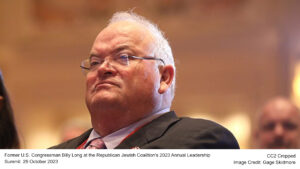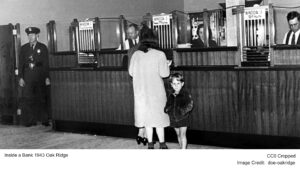In a significant step for tobacco harm reduction, the U.S. Food and Drug Administration (FDA) has approved the sale of Zyn nicotine pouches. Following a rigorous scientific review, the agency concluded that these pouches pose a lower risk of cancer and other serious health conditions compared to traditional cigarettes and smokeless tobacco products. However, the FDA maintains its stance that no tobacco product is entirely without risk.
- FDA Approves Zyn Pouches: The FDA approved Zyn nicotine pouches, citing reduced cancer and health risks compared to traditional cigarettes and smokeless tobacco, marking a milestone in tobacco harm reduction.
- Targeting Adult Smokers: The approval aims to provide adult smokers with a less harmful alternative, with youth usage of nicotine pouches reportedly low (under 2% in surveys).
- Concerns About Flavors: Critics worry flavored pouches may attract younger users, though manufacturers and the FDA emphasize strict marketing to adults.
- Market and Public Health Impact: Zyn leads the growing nicotine pouch market, sparking debate over balancing harm reduction benefits with risks of unintended youth use.
A Less Harmful Alternative?
Matthew Farrelly, Director of the Office of Science at the FDA’s Center for Tobacco Products, highlighted the potential of Zyn pouches as a less harmful option for adults looking to transition away from cigarettes and smokeless tobacco. This marks the first time nicotine pouches have been approved for sale in the U.S., including flavors such as coffee, mint, and menthol, which have gained popularity among adult consumers.
The approval of Zyn nicotine pouches reflects a global trend toward tobacco harm reduction, echoing similar strategies seen in countries like Sweden, which has low smoking rates due to widespread use of smokeless tobacco alternatives. However, the lessons from the e-cigarette market—where flavored products initially targeted at adult smokers attracted significant youth usage—underscore the importance of vigilant regulation and marketing oversight to ensure these products fulfill their intended purpose without unintended consequences.
Surveys suggest that youth usage of nicotine pouches remains low, with fewer than 2% of high school and middle school students reporting use in the past year. The FDA emphasized its focus on adult smokers and reiterated that these products are not intended for youth consumption.
Reactions from Advocates and Critics
Swedish Match, the manufacturer of Zyn, welcomed the FDA’s decision as a step forward in offering safer alternatives to traditional tobacco products. However, some advocacy groups, such as the Campaign for Tobacco-Free Kids, voiced concerns about flavored nicotine pouches potentially attracting younger users.
The FDA responded to these concerns by clarifying that the approval does not imply Zyn is “safe” or “FDA approved” in a traditional sense. The agency continues to stress that tobacco products should only be used by adults.
Market Impact and Broader Implications
Zyn’s approval places it at the forefront of the rapidly growing nicotine pouch market in the U.S., competing with similar products like Altria’s On pouches. Supporters liken these pouches to nicotine gum and lozenges, which offer less harmful ways to manage nicotine cravings. However, critics caution against the potential for unintended consequences, such as increased youth interest—a pattern seen with the rise of e-cigarettes in previous years.
Philip Morris International, which holds U.S. marketing rights for Zyn, has stated that it does not use online influencers to promote the product, emphasizing its commitment to targeting adult consumers rather than younger demographics.
Navigating a Complex Landscape
The FDA’s decision reflects the delicate balance of regulating tobacco products. While some view this move as progress in reducing smoking-related diseases, others remain cautious about the potential risks. Politically and socially, the decision has sparked mixed reactions, reflecting the ongoing debate surrounding tobacco harm reduction strategies.
As the FDA closely monitors the nicotine pouch market, it aims to ensure these products remain a tool for adult smokers seeking alternatives, without encouraging use among young people. This approval represents a pivotal moment in public health efforts to address the complex challenges of tobacco regulation while providing safer options for those looking to quit traditional forms of tobacco.







Be First to Comment